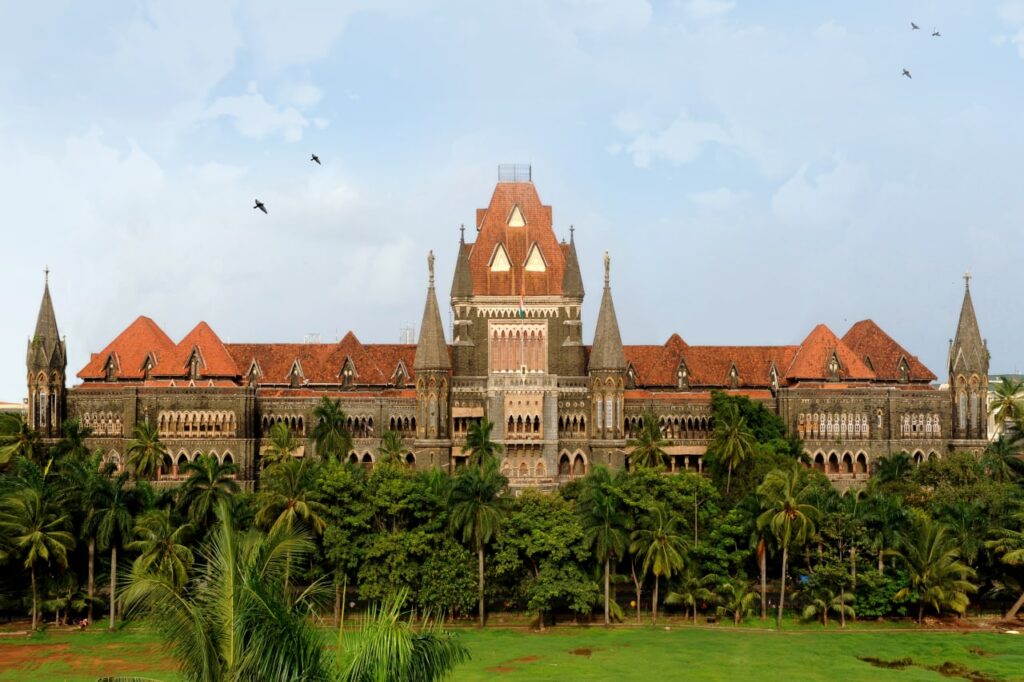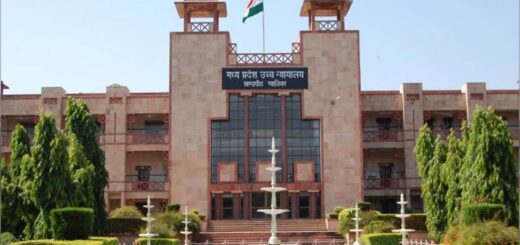Stealing oil-based fuels negatively affects the country’s economy: Bombay High Court rejects anticipatory bail request in a case involving the theft of 13,000 liters of petrol.

The Bombay High Court denied the anticipatory bail request from a person accused of stealing 13,000 litres of petrol, noting that such theft negatively affects the economy. The Court dismissed the bail application after an FIR was filed against the accused under various laws, including the Essential Commodities Act and the Petroleum Act. While regular bail is often granted, the Court stated that this does not apply to anticipatory bail. Justice R.N. Laddha remarked that the evidence suggests the applicant was deeply involved in the crime and benefited from it. He highlighted that stealing fuel harms the economy by increasing fuel prices, reducing tax revenue, and promoting illegal trade. The Court emphasized that the accused appears to be central to the crime, and his detention is essential to investigate the illegal fuel trade network.
Advocate Sandeep R Waghmare represented the applicant, while APP Amit A Palkar stood for the prosecution. The prosecution claimed that the accused, along with others, planned the theft of petrol valued at Rs. 13,39,000 by tapping into a pipeline owned by Indian Oil Tanking Limited. They alleged that the accused and his accomplices rented a tanker, used a pump to siphon petrol, and sold the stolen fuel at lower prices to buyers, including the tanker owner. Although the accused was not at the site, the prosecution argued he oversaw the operation from afar. Both the accused and his father, who are currently on the run, were said to be the masterminds of the theft.
The High Court observed that even though the accused was not present at the scene, he was watching the theft from afar. The court noted, “The evidence suggests that the applicant was involved in and gained from the crime.” The judges emphasized that granting anticipatory bail is a special power. They stated, “Each case must be considered on its own facts, and the Court should use careful judgment when deciding on anticipatory bail. There is no universal solution. Caution is essential, as granting bail in serious cases might obstruct investigations or lead to injustice by allowing evidence to be tampered with.”
As a result, the Court concluded, “Given all the circumstances, we are not willing to use our discretion in favor of the applicant. Therefore, the application is denied.” Thus, the High Court dismissed the pre-arrest bail application.
Cause Title: Mohd. Ahmed Shafique Khan v. The State of Maharashtra (Neutral Citation: 2024:BHC-AS:44239)









